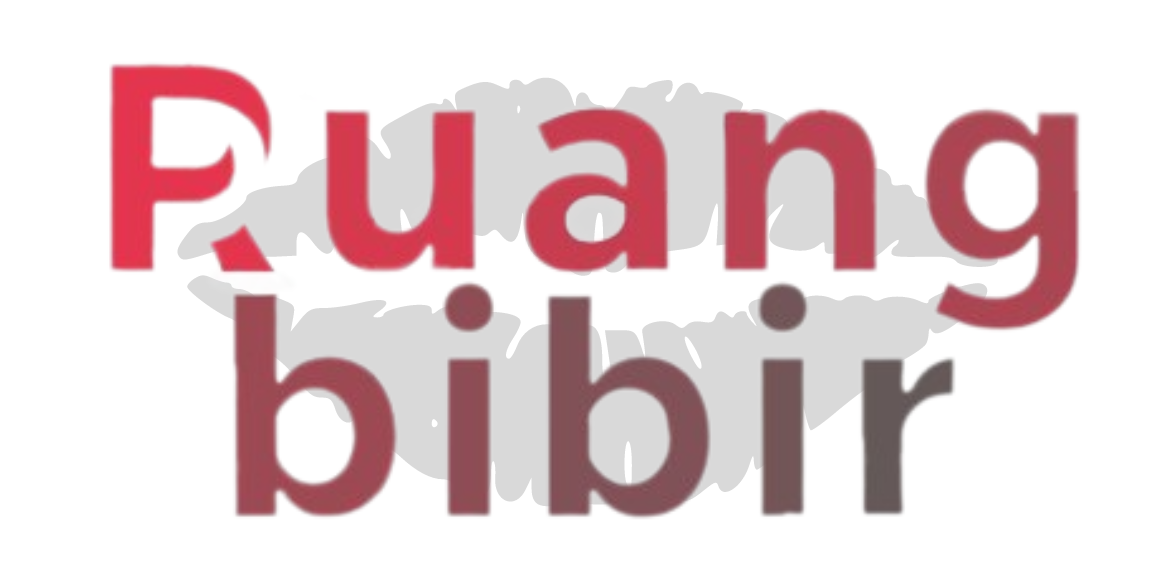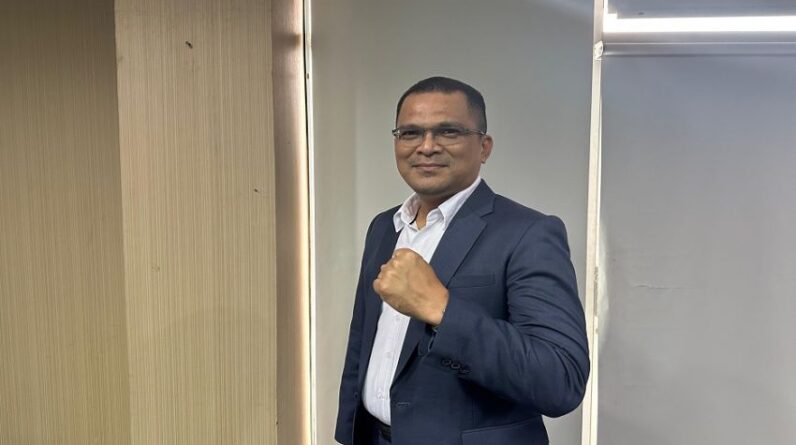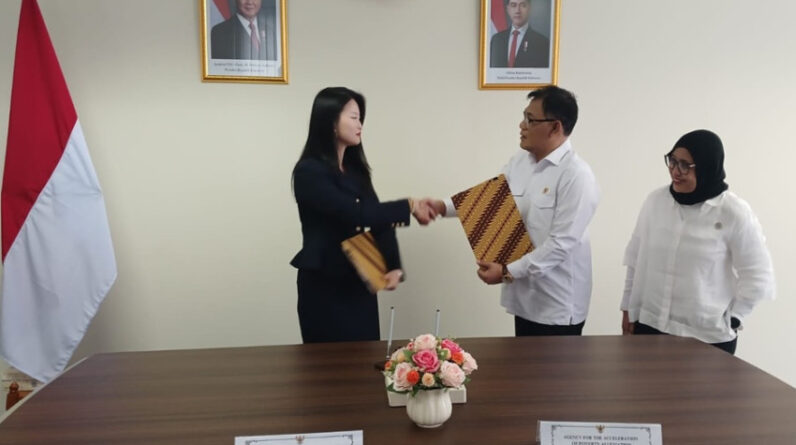
loading…
Menteri Lingkungan Hidup Hanif Faisol Nurofiq menyatakan bahaya sampah plastik pada INC-5 di Busan, Korea Selatan. Foto: Ist
Menteri Lingkungan Hidup Hanif Faisol Nurofiq mengatakan, perubahan iklim, hilangnya keanekaragaman hayati, serta polusi termasuk polusi plastik baik di daratan maupun lautan merupakan isu lingkungan hidup global yang saling terkait.
“Permasalahan ini disebabkan pola konsumsi dan produksi yang tidak berkelanjutan,” ujar Hanif, Selasa (31/12/2024).
Menurut laporan United Nations Environment Programme (UNEP), jumlah sampah plastik yang masuk ke ekosistem akuatik berpotensi meningkat hampir tiga kali lipat pada tahun 2040 jika tidak ada upaya pencegahan.
“Pada 2016, polusi plastik tercatat sebesar 9-14 juta ton dan diperkirakan mencapai 23-27 juta ton pada 2040,” ungkapnya.
Karena sifatnya yang transnasional dan lintas batas negara, serta ancaman serius dari polusi plastik khususnya pada lingkungan laut, sehingga mendorong disepakatinya United Nations Environment Assembly (UNEA) Resolusi 5/14 pada Maret 2022.
“Resolusi ini memberi mandat kepada Direktur Eksekutif UNEP untuk menyusun International Legally Binding Instrument (ILBI) untuk mengakhiri polusi plastik, termasuk di lingkungan laut yang ditargetkan rampung pada akhir 2024,” katanya.
Sejak awal, Indonesia aktif berkontribusi dalam perundingan INC. Pada INC-1 hingga INC-5, Delegasi Indonesia terus menyuarakan pentingnya prinsip konsensus dan inklusivitas dalam pengambilan keputusan.
Kemudian, menjunjung tinggi prinsip Common but Differentiated Responsibility (CBDR), mengakui kebutuhan masing-masing negara khususnya negara dengan Specific Geographical Condition seperti negara kepulauan (Archipelagic States) yang rentan terhadap sampah plastik di laut yang lintas batas termasuk Indonesia dan memperjuangkan isu-isu strategis seperti pengelolaan sampah berbasis ekonomi sirkular serta pembiayaan yang adil dan terprediksi bagi negara berkembang.






